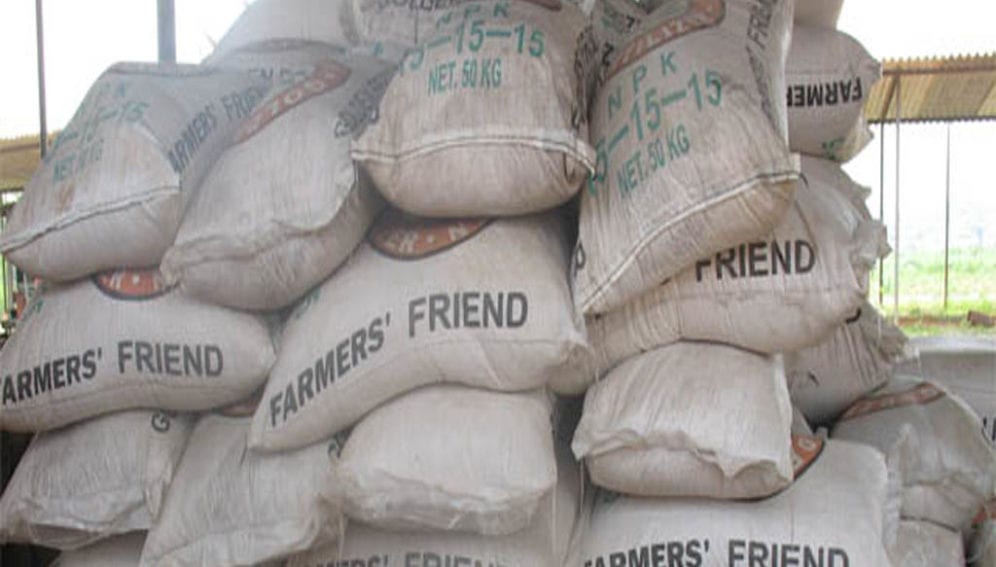Send to a friend
The details you provide on this page will not be used to send unsolicited email, and will not be sold to a 3rd party. See privacy policy.
Food is a fundamental human right, as set down by international human rights treaties and, often, national constitutions.
But the right to food cannot be ensured without a corresponding right to phosphorus, as some scientists pointed out at the Sustainable Phosphorus Summit 2014 earlier this month in Montpellier, France.
The idea of phosphorus as a human right is intriguing. While there are more than a dozen chemical elements that are known to be essential to life, none so far have necessitated a framework to ensure equitable access to all.
But phosphorus is unique. “A first among equals”, as the director of the Institute for Sustainable Futures, Stuart White, described it to me, because it is both essential and increasingly scarce.
The value of phosphorus lies in the fact that is it innately entwined with global food security.
The systematic application of phosphorus in the form of phosphate fertilisers was a defining element of the ‘green revolution’, the series of agricultural innovations that boosted food production and helped humanity avoid a Malthusian catastrophe during the last century.
But the production of phosphate fertilisers is currently dependent on a finite and fast-depleting ore: phosphate rock. When the steady supply of cheap phosphate fertilisers runs out, crop yields will stagnate and food prices will rise.
Forget oil. Phosphorus scarcity will be the biggest geopolitical issue in the decades to come.
Michelle Dobrovolny
The 2008 global food price crisis — partly caused by an 800 per cent price rise in phosphate fertilisers — was only a preview of what depleting phosphate rock reserves will bring, as Arno Rosemarin, senior research fellow with the Stockholm Environment Institute in Sweden, explained at the conference.
“We are locked in to using phosphorus [in agriculture]. The question now is who will have most of it and how efficiently will it be utilised? There are already one billion people in the world who are hungry. It could be two or three billion by 2050 and I don’t see that as being an easy world.”
Forget oil. Phosphorus scarcity will be the biggest geopolitical issue in the decades to come. Peak phosphorus could occur as soon as 2034, according to studies cited at the summit by the Global Phosphorus Research Initiative. Known reserves could be depleted in 50 to 100 years.
Phosphorus accessibility is already an issue in many parts of the world where commercial fertilisers are too expensive for wide-scale use. Low crop yields in Sub-Saharan Africa — where they are a quarter of the global average — are largely attributable to low fertiliser use: five kilograms per hectare compared with 96 kilograms per hectare in Latin America, according to a 2011 UN Environment Programme report.
Defining phosphorus as a human right wouldn’t immediately change this fact, any more than enshrining food as a human right has prevented famine.
But thinking about phosphorus as a human right does highlight that the right to food cannot be enforced by simply mandating access to an end product. It will also necessitate developing agricultural systems that are managed in a way that is both equitable and sustainable.














